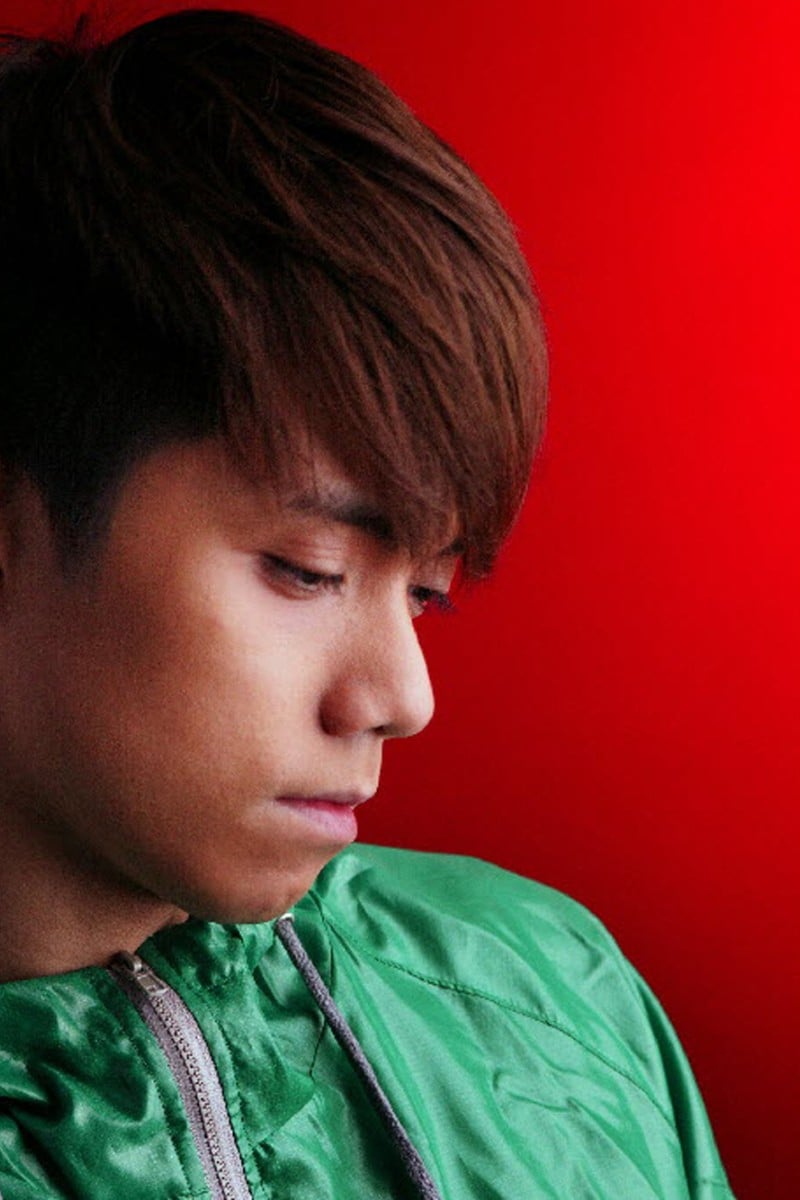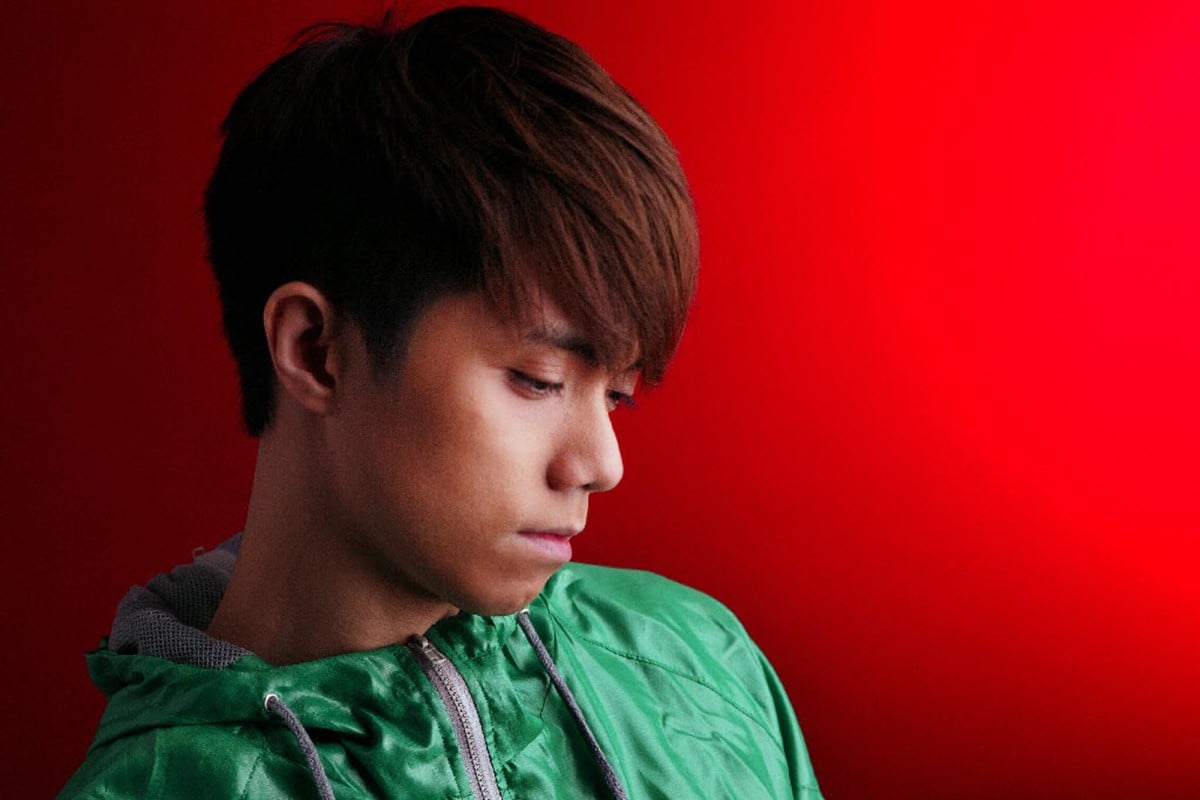
A mainland paper has accused the singer of supporting Hong Kong and Taiwan in their quest for independence – something which Cheung denies
 Hins Cheung has been labelled a secessionist by a mainland newspaper.
Hins Cheung has been labelled a secessionist by a mainland newspaper.Local pop singer Hins Cheung has been labelled a secessionist by a Chinese military newspaper after being banned from a mainland television show. A secessionist is someone who is in favour of breaking away from a federation or body, in this case a country.
The criticism came as authorities step up controls on the “ideological clarity” of performers from Hong Kong and Taiwan entering the mainland’s entertainment industry.
The front-page commentary in Wednesday’s edition of the China National Defence Daily accused the singer, 35, of backing Hong Kong and Taiwanese independence movements. The paper is run by the Ministry of National Defence.
“This singer, who claimed to be ‘patriotic’ on Weibo, not only supports Hong Kong independence but has even publicly supported Taiwan independence,” the commentary said. “His two-faced acts have sparked criticism and resistance from angry mainlanders.”
The singer, who was born in Guangzhou before moving to Hong Kong, took part in the Umbrella Movement in 2014 and sang a song dedicated to the protesters calling for universal suffrage.
On January 9 this year Cheung denied that he supported Hong Kong independence.
“I am Chinese, I have never been a supporter of Hong Kong independence,” Cheung said on his Weibo account. “I stand firmly against all acts that divide the country.”
Cheung was not seen in the first episode of the fifth season of mainland singing competition I Am A Singer, which was broadcast on January 21. This was despite his saying on January 9 that he would be on the show, and against a poster on the China Communist Youth League website qingnianli.com, which on January 14 displayed a poster showing his face alongside the faces of other participants.
The singer’s record company, EEG Music, confirmed last week they had ended cooperation with the show’s producer, Hunan TV, but didn’t address rumours he had been banned.
YP junior reporter Joshua Lee, 18, from Britain’s Cardiff University said he feels sympathy towards the singer. “This event shows that Beijing wants to stop the artists spreading secessionist ideas in China. I think artists should maintain their political views and values instead of changing or silencing themselves because of government pressure,” he said.
Junior reporter Veronica Lin, 17, said that Beijing had accused Cheung of being a secessionist, something that guaranteed that there would be public outrage.
“The mainlanders don’t approve of what the singer did. I think it’s a unique way for the authorities to manipulate the media and get rid of ‘unfavourable’ singers,” she said.